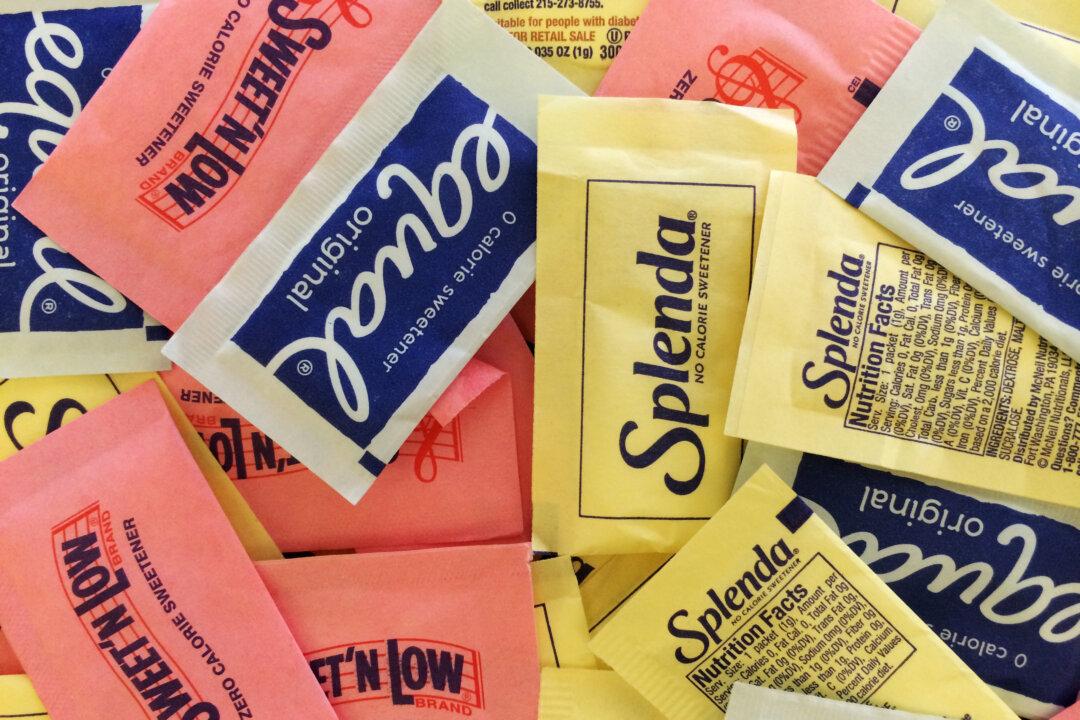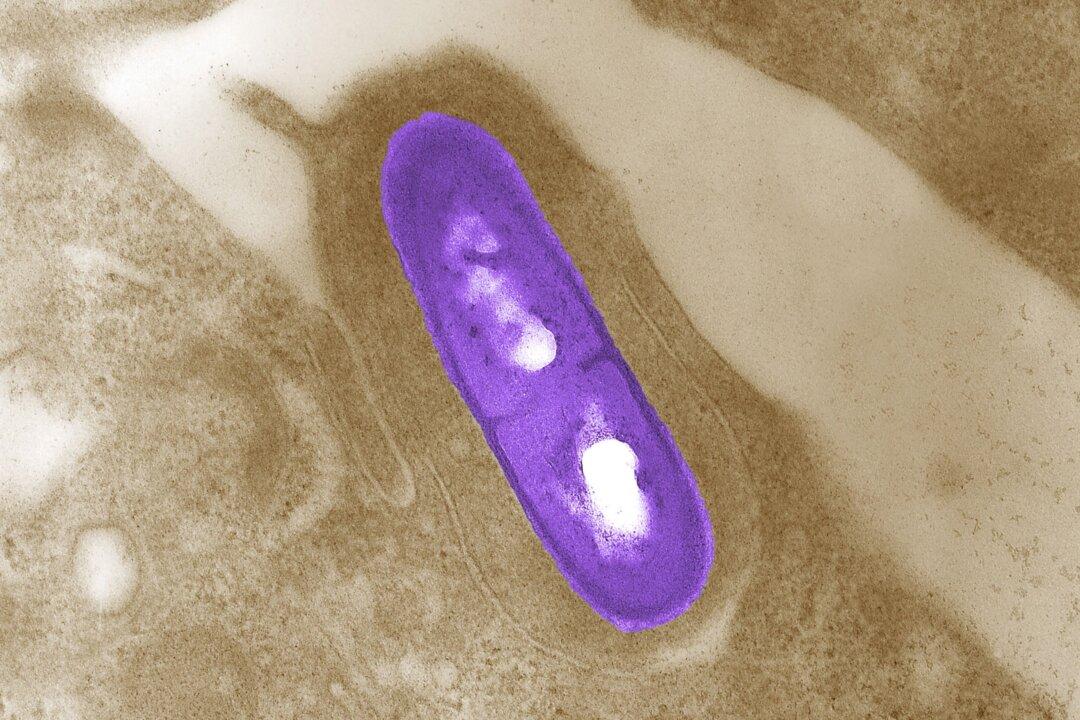A new study from the North Carolina State University has revealed a link between a widely used sweetener and a chemical compound known to cause DNA damage. The study found the chemical is formed when digesting the sweetener and trace amounts of the chemical are also found in the sweetener itself.
Sucralose is widely distributed under the trade name ‘Splenda,’ and is also contained in many food products, such as protein bars, shakes, and energy drinks. One of the chemical compounds contained in sucralose is sucralose-6-acetate.




